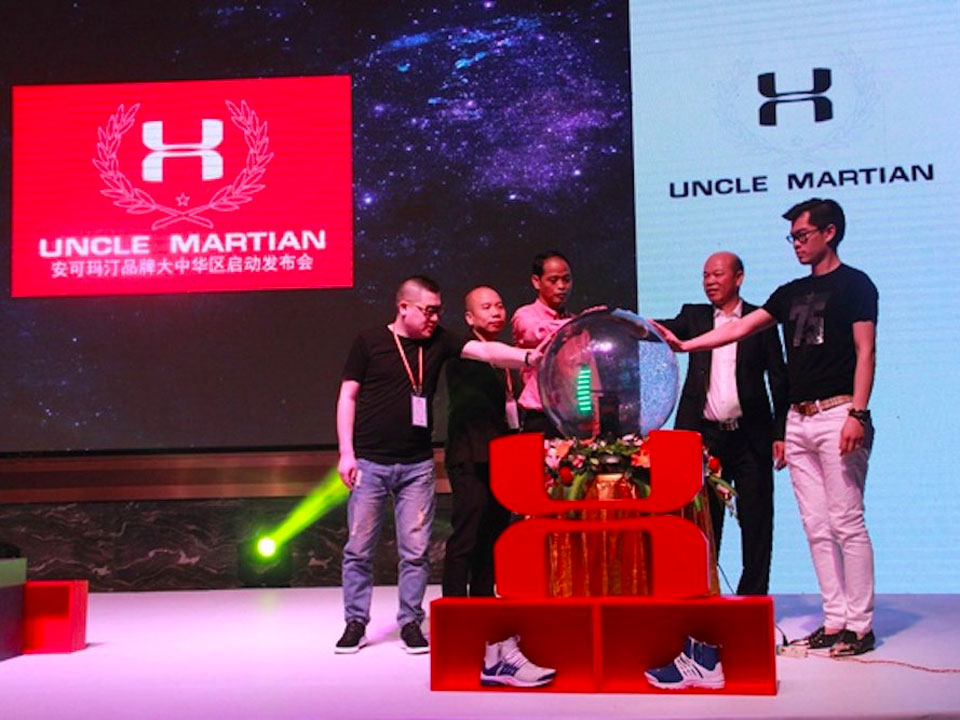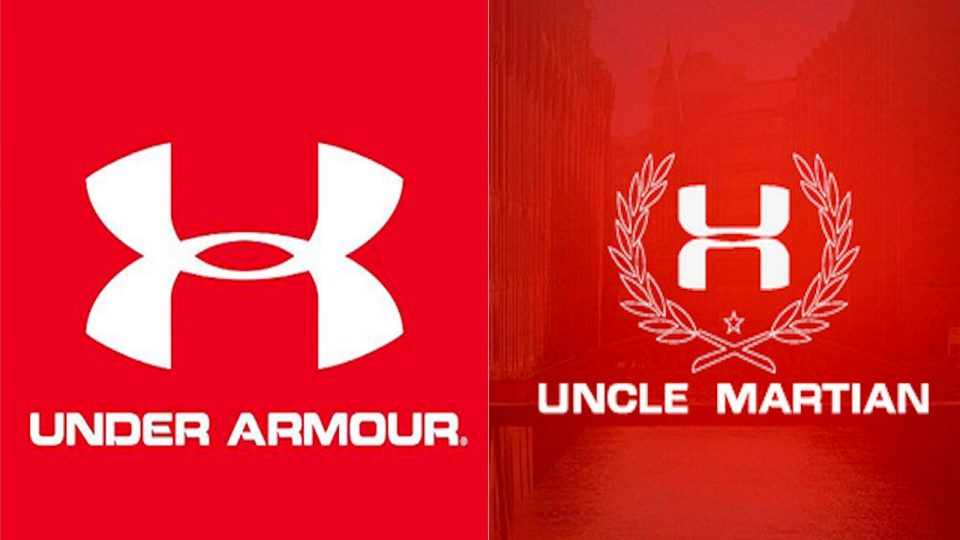Cloning was once the stuff of science fiction, but today it is commonplace. Scientists clone genes to fight cancer. Unsavory artists produce paintings that so closely replicate masters, even art dealers don’t detect flaws. If you’ve nabbed a pair of “Nike” running shoes for a few bucks, you know where this is leading: cloning has both good and bad outcomes.
Have you ever imagined what it would be like to clone yourself? You would always have someone to run with when everyone else in your world is busy. Your clone’s shoes, clothes and habits would fit perfectly with your lifestyle and suit your taste. And suppose you fancy a run at 2 a.m.? Just wake up your clone (if he’s not up already!).
We’ve considered the impact cloning has in the 21st Century and share our findings with you.
A short lesson in genetics
If you have identical twins in your family, you’ve already met clones. One can be left-handed while the other is strictly right-handed. Identical twins share everything; some say they read each others’ minds, and who are we to disagree?
Females of all species have produced twins over time, but intentional cloning was the domain of science — until a geneticist decided to make a carbon copy of a sheep named Dolly back in 1997. Since then, cloning experiments have grown ever so much more sophisticated.

From sheep to shoes
What happened when the word clone became embedded in the world’s nomenclature? Nefarious entrepreneurs concluded that “knocking off” existing consumer goods and replicating them for commercial sale was doable, despite copyright laws enacted by governments to prevent this type of theft from proliferating.
How to get around these laws? Turn to a nation like China where patents, copyrights and trademarks can’t be enforced.
If you have followed the growth of China’s commercial markets, you know how quickly the nation became an epicenter for illegal product duplication. As consumer demand for knock-offs grew, nothing was sacrosanct.
Want a Rolex? A Coach handbag or any branded sporting goods? Bootlegged products flow into markets by the container load these days, landing on push carts, back alley shops and off-the-beaten track markets. Knock-off specialists benefit most from direct sales via online shops. When it comes to athletic shoes, this market is huge.
The story of Uncle Martian
To understand how blatant cloning has become in the 21st Century, we share with you a recent story about how an Under Armour brand was ripped off despite the fact that the brand is copyright- and patent-protected under international intellectual property laws.
Crafty Chinese companies are seeking to capitalise on the fame of their better-known foreign counterparts. The Chinese sports apparel company launched the brand, Uncle Martian with a logo identical to Under Armour and slapped it on every piece of Uncle Martian sportswear.
Under Armour joins an increasingly crowded field of international sportswear design houses regularly ripped off by Chinese companies who produce knock-offs. Surf the web and as long as you have a credit card and shoe size, you can order an Under Amour clone, or a Nike clone for that matter.
With no fear of being punished, sued or prosecuted, Chinese companies like Qiaodan aren’t afraid to churn out cheap versions of athletic shoes which sounds like the Mandarin pronunciation of “Jordan”. Is the quality of these shoes equal to the originals? Rarely, if at all.

Why China is the world’s product clone capital
When “New York Times” investigative reporter Nicholas Schmidle wrote “Inside the Knockoff-Tennis-Shoe Factory” about China’s flourishing athletic shoe knock-off industry, he wasn’t prepared for what he found: a cycle of commerce that’s truly clever. He interviewed Chinese manufacturers who took pride in reproducing styles faithfully and was told that the process is almost effortless.
In one instance, an Italian retailer didn’t want to carry original Nike running shoes from the U.S. manufacturer, so he simply contacted a Chinese athletic shoe manufacturer, sent over the style shoe he wanted and within months, shoes appeared on shop shelves in Italy.

Factories located up and down coastal provinces like Guangdong, Fujian and Zhejiang run day and night as demand for knockoffs continues to increase — so much so, companies producing counterfeit footwear now compete for skilled labour to meet demand.
While U.S. Customs applies due diligence while attempting to stop trafficking in illegal athletic shoes, the task has proved frustrating: athletic shoe cloning operations in China are so extensive, if you were to add up all pirated goods in the pipeline, 40-percent would be counterfeit athletic footwear alone.
Can legal efforts turn this situation around?
Not at present. Chinese counterfeiting operations originated in 1796 when a Guangdong merchant decided to replicate President George Washington’s image on 100 sword replicas. Successful, the pirated image of America’s first president was used extensively and without permission by Chinese manufacturers on so many goods, magazines reporting on antiques still report finding these knockoffs.
Does China make periodic efforts to close down these illegal facilities? Yes and no. Their first effort in 2004 to enforce intellectual property violations did nothing to change things.
On occasion, Chinese authorities raid a factory producing counterfeit goods, but as soon as one is closed down, it pops up in a new location and resumes operation. Is pressure regularly put on China’s government to protect legitimate owners of brands, designs and concepts? Not really.
An Intellectual Property Office, opened in Beijing in 2009, has proven to be nothing more than window dressing. As Schmidle wrapped up his search for information to complete his “NY Times” story, he met with a high-profile U.S. athletic shoe manufacturer and asked if China was cutting into his company’s profits.
His answer might surprise you: “Probably not,” he said, adding that clones are, in his mind, a form of flattery! This leads, of course, to speculation about how much profit shoe manufacturers reap. Do they make so much margin, even counterfeited product sales don’t impact their bottom line?

Putting athletic shoe cloning into perspective
Whether you agree that cloning is fair or unfair, until laws with teeth exist in China, ripping off manufacturer’s proprietary designs and products will continue unabated. That’s why you may wish to know about a few other cloning enterprises undertaken by clever Chinese companies that put athletic shoe knockoff schemes in perspective.
They’re funny. Clever. Ingenious, in fact. And they’re just the tip of the iceberg.
- A bunch of Chinese business types decided that rather than steal and clone consumer goods, they’d hijack an entire store brand. That’s how the city of Kunming got an Apple Store, even though the enterprise had no connection to Apple’s California headquarters. Employees even wear logo-embellished shirts on the sales floor.
- Since many anthropologists are convinced that China, not Africa or the Middle East, is mankind’s cradle of civilization, Chinese knock-off artists decided to get into the fossil business not too long ago. You read that right. To produce fossils that look authentic, they collected rat, chicken, fish and frog bones, aged them and embedded them in plastic casing. Sold over the Internet, they turned a nice profit.
- To tap the huge market for false identification cards, Chinese entrepreneurs sold high-quality identity cards, taking orders over the Internet. Using pirated templates to make driver’s licenses and ID cards using nothing more than a computer, colour laser printer and laminating machine, they were highly successful. Who says cloning can’t forge a path to financial success?

As your authority on all-things running in this corner of the world, we’re not immune to being cloned, by the way. It’s hard to attain the standard of excellence to which we are committed when it comes to serving our readers.
That’s why we like to invoke the famous words of the British cleric Charles Caleb Colton who said, “Imitation is the sincerest form of flattery.” And you might say that we’re perpetually flattered!
Have you ever purchased a knockoff product without knowing that it wasn’t an original? If this has happened to you, how did you feel when you learned the truth?




